Prema Wangjom Thongdok, an Indian citizen from Arunachal Pradesh, was allegedly detained for around 18 hours by Chinese immigration officials at Shanghai Pudong Airport. The incident occurred on 21 November 2025. She was travelling from London to Japan with a transit layover at Shanghai and a connecting flight to Osaka. It is alleged that her Indian passport was declared invalid.
She had to undergo a lengthy and complex process because she holds an Indian passport that lists her birthplace as Rupa in Arunachal Pradesh. She was not allowed to board the connecting flight. She was told by the immigration officials that her passport was invalid because she belongs to Arunachal Pradesh, which Beijing fraudulently claims is a Chinese territory. She was subjected to an unnecessary ordeal due to her Indian passport and Arunachal Pradesh as her birthplace.
The Chinese habit of denial
Beijing is infamous for its tactics of denial. There is a pattern to this habit of denial. It does something objectionable to get the job done, sends a message, and then denies its involvement. It is not new. It is repetitive and is a shrewd strategy in Beijing’s narrative armoury.
The spokesperson for the Chinese Foreign Ministry refuted all allegations and asserted that the border inspection authorities had followed Chinese rules and committed no violation. Although the spokesperson for the Chinese Foreign Ministry denies the allegations, the intentions are loud and clear. The spokesperson repeated the same old, cooked-up story about Arunachal Pradesh being referred to as Zangnan or South Tibet.
India’s reaction
India has placed a diplomatic protest in Beijing and New Delhi. It has been reiterated once again that Arunachal Pradesh was, is, and will always remain an integral and inalienable part of India. The Indian Consulate in Shanghai provided all necessary support to ease Thongdok’s ordeal and made arrangements for her to move from China with the purchase of a new flight ticket. India’s reaction is unequivocal that an Indian citizen can travel on an Indian passport. This is his or her entitlement. Unfortunately, China engages in such activities, which are non-productive and provocative in character.
The Ministry of External Affairs (MEA) has called these actions “ludicrous” and “politically motivated.” Beyond that, the issue holds no gravitas. Indian sovereignty does not depend on the Chinese denial or acceptance of what is Indian territory and what is not. China has no prescriptive role to assess the territorial sovereignty of any country. The issue of detention and harassment of an Indian citizen contravenes international civil aviation agreements under the Chicago and Montreal Conventions, and also the Chinese 24-hour visa-free transit rules. Chief Minister Pema Khandu of Arunachal Pradesh has condemned the incident, calling it “unacceptable,” “appalling,” and an “affront to the dignity of Indian citizens.”
China’s cunning
China has consistently resorted to the habit of unnecessarily and baselessly provoking India on the matter of territorial disputes vis-à-vis Arunachal Pradesh. It firmly believes in Goebbels’s dictum that by recycling a lie it becomes truth. It has tried many times in the past, including narrative building and cartographic redesign. Each time India has given a befitting reply, asserting Arunachal Pradesh’s integral unity with India. Even the people of Arunachal Pradesh show no interest in the Chinese claims. They have democratically elected their leaders and participated in the democratic process of the Indian Union. Beijing is persona non grata in Arunachal Pradesh. However, it deliberately exerts geopolitical pressure through harassment, provocation, and the dissemination of unsubstantiated narratives.
In the past, China has denied visas to Indian citizens from the state of Arunachal Pradesh. It has issued “stapled visas” to the residents of Jammu and Kashmir and Arunachal Pradesh, invalidating their Indian passports. India has not recognised the Chinese “stapled visas.” This is Beijing’s geopolitical game manifesting through the imposition of “stapled visas.” Three wushu athletes from Arunachal Pradesh were unable to participate in the Asian Games 2023 in Hangzhou due to the Chinese visa row. Sports Minister Anurag Thakur ultimately had to cancel the trip.
The same athletes were issued stapled visas due to their place of birth in Arunachal Pradesh for the World University Games 2023 in Chengdu. They could not participate in the event in protest. A weightlifter and a weightlifting federation official were issued the same stapled visa in 2011. Two Indian archers from Arunachal Pradesh were unable to participate in the Youth World Archery Championships on the same grounds. A regular visa was denied to the manager of the Indian badminton team in 2016.
Therefore, to assume that Prema Wangjom Thongdok was not harassed at Shanghai Pudong Airport by the Chinese immigration officials is to live in denial. The history of such harassment, as given above, illustrates the Chinese cunning. China has no locus standi in Arunachal Pradesh. Beijing knows this very well. It encourages geopolitical tension in the region. Its narrative warfare in the age of social media is its main agenda. Beijing subtly pushes these agendas to gain geopolitical advantage.
China’s fictitious claims
The 1914 Simla Convention between British India and Tibet carved out the McMahon Line as the international border between India and Tibet. Tibet was an independent country when the bilateral accord was signed between the two countries. India recognises the McMahon Line as a legitimate international border. The principle of uti possidetis juris in international law gives the post-colonial state, upon independence, the right to recognise colonial administrative boundaries as international frontiers. Therefore, India’s sovereignty over Arunachal Pradesh is legally approved and internationally recognised. Thus, no baseless refutation of Indian sovereignty over Arunachal Pradesh is entertained.
China plays the game of convenience. It denies the terms that are inconvenient for its interests and enjoys the benefits of the agreements that suit its interests. With some of its neighbours, it follows the colonially demarcated international border, and with some it does not. Chinese inconsistency is unfathomable. This diabolism is difficult to decode. It is a strategy to engage in the grey and convolute the conditions to perpetuate ambiguity.
The principles of effectivités refer to actual governance. India has extended effective and democratic governance to Arunachal Pradesh, earlier as the North-East Frontier Agency (NEFA) and later as the state. Historically, there is no claim of Chinese administrative interaction with Arunachal Pradesh. China withdrew to the north of the McMahon Line during the 1962 war. From a cultural perspective, China shares no commonalities with the people of Arunachal Pradesh. His Holiness the Dalai Lama has also recognised Arunachal Pradesh as an integral part of India. Therefore, to claim Arunachal Pradesh as South Tibet is preposterous. It is merely to fulfil Mao’s unfulfilled dream of the “one palm and five fingers” formula of territorial expansionism, working incrementally in the direction of the Tianxia world order.
On a more critical note, the developing thaw between India and China, as seen in the 25th SCO Summit held in Tianjin, China, from August 31 to September 1, 2025, in the wake of Donald Trump’s tariff pressure, will likely witness a slowdown. The case of Prema Wangjom Thongdok and the Chinese harassment of an Indian citizen from Arunachal Pradesh will impact the scope of possible rapprochement between Asian powers. India-China rivalry will not usher in the Asia century. Friendship will.
(Dr Jajati K. Pattnaik is a Professor at the School of International Studies, Jawaharlal Nehru University, New Delhi. Dr Chandan K. Panda is an Assistant Professor at Rajiv Gandhi University (A Central University), Itanagar, Arunachal Pradesh. Views expressed in the above piece are personal and solely that of the authors. They do not necessarily reflect Firstpost’s views.)


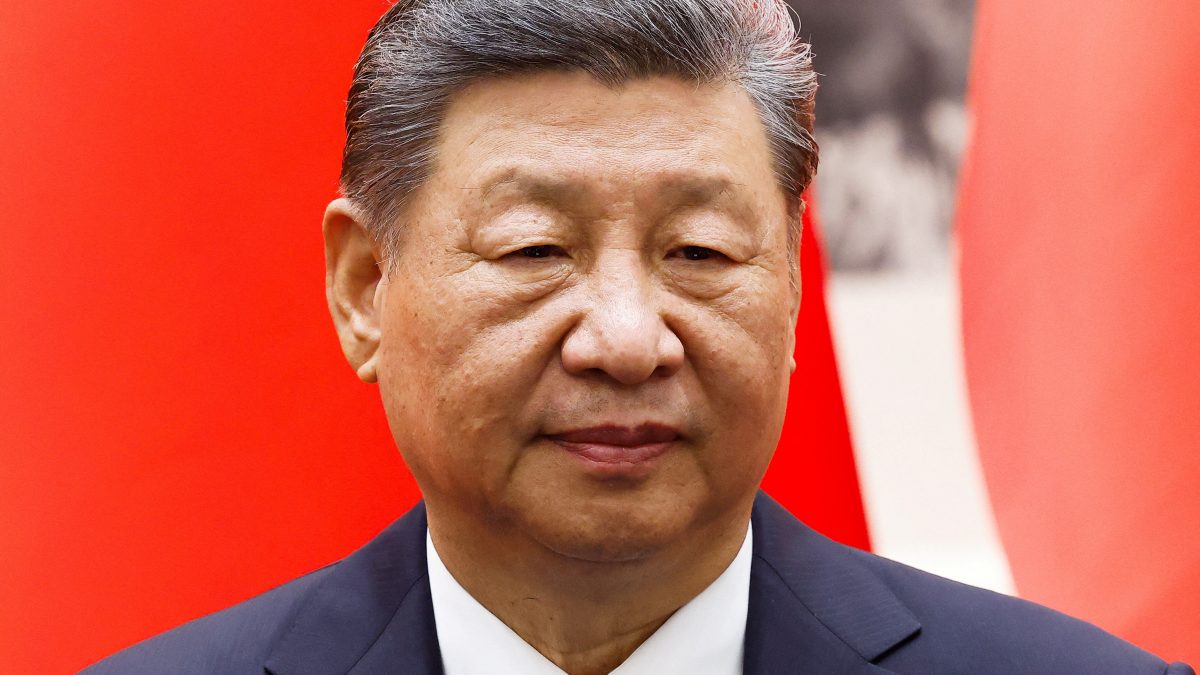)

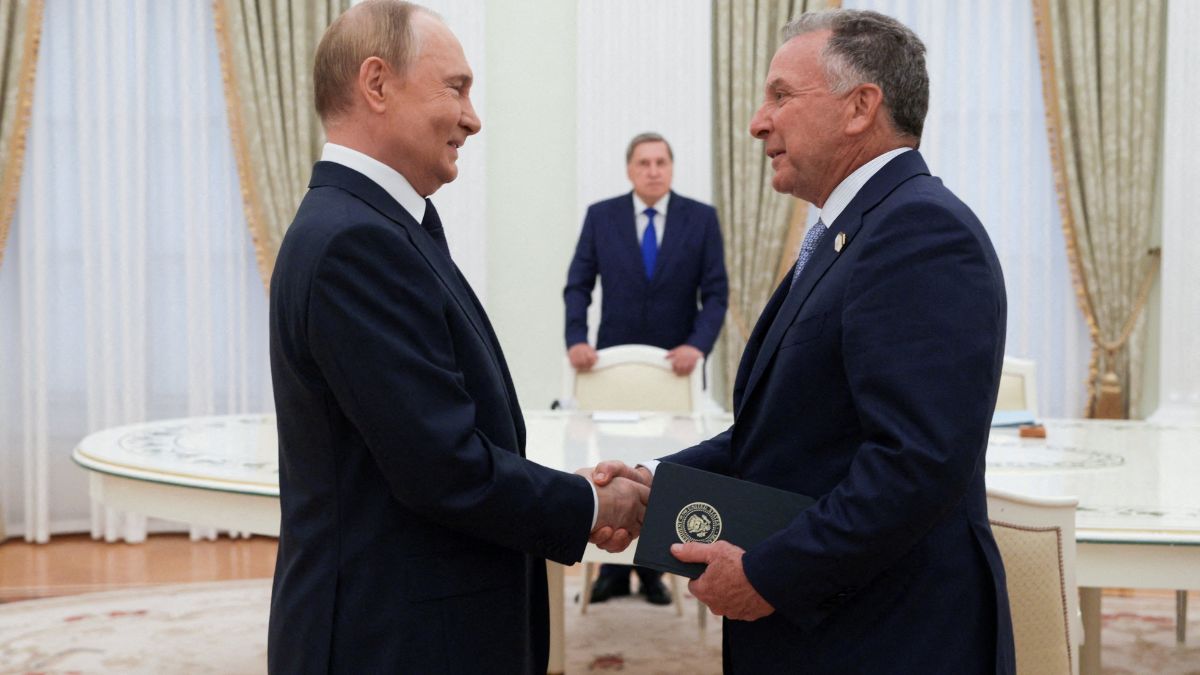)
)
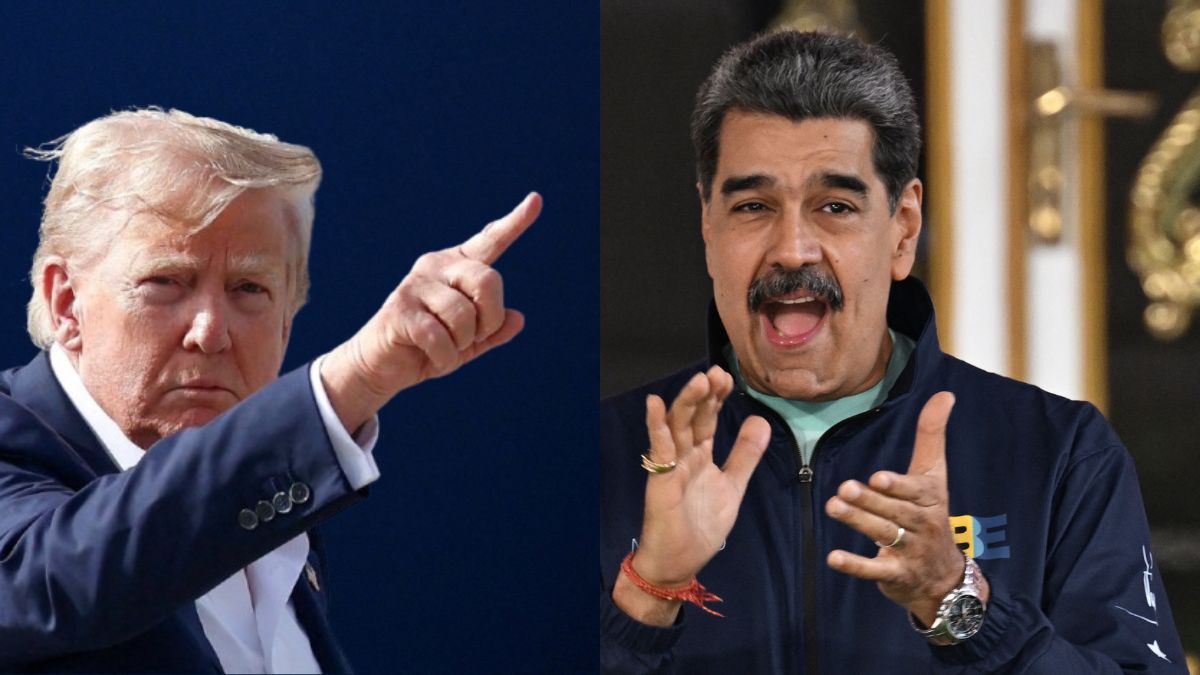)
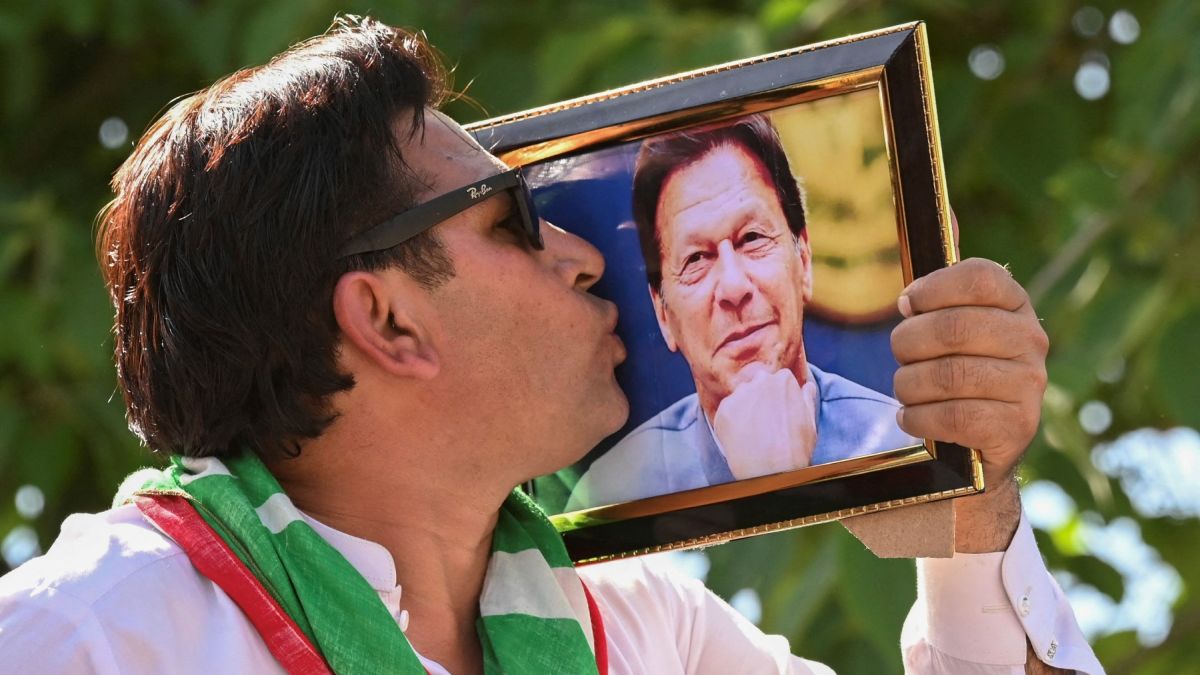)
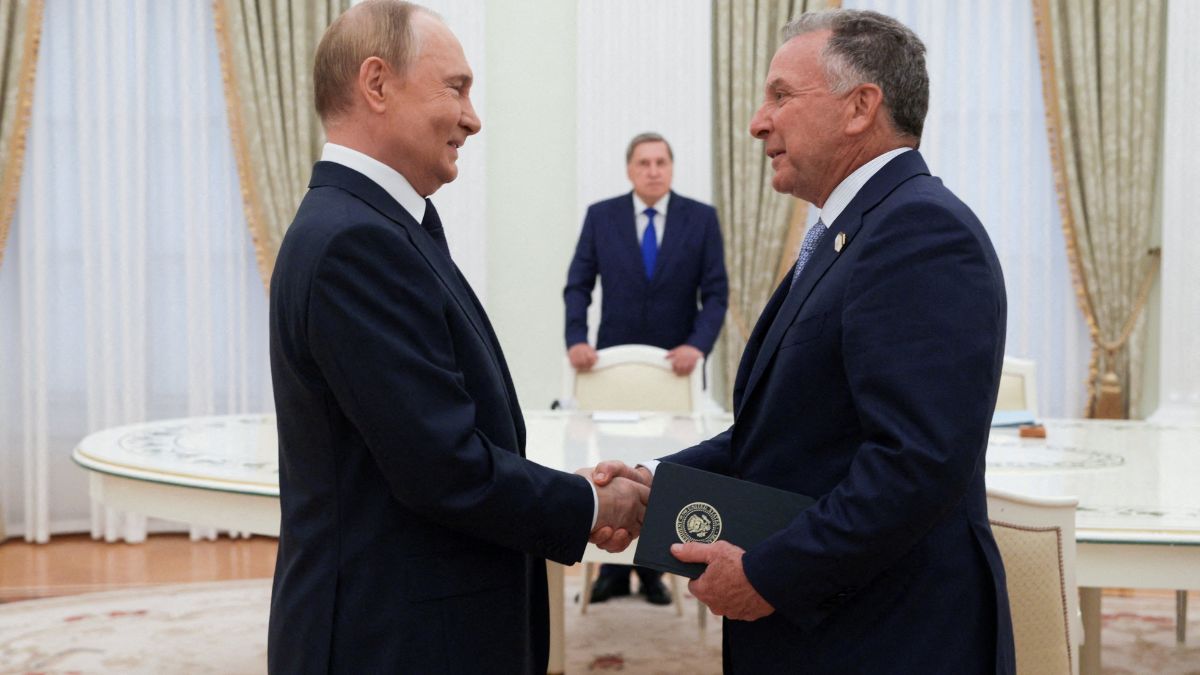)
)
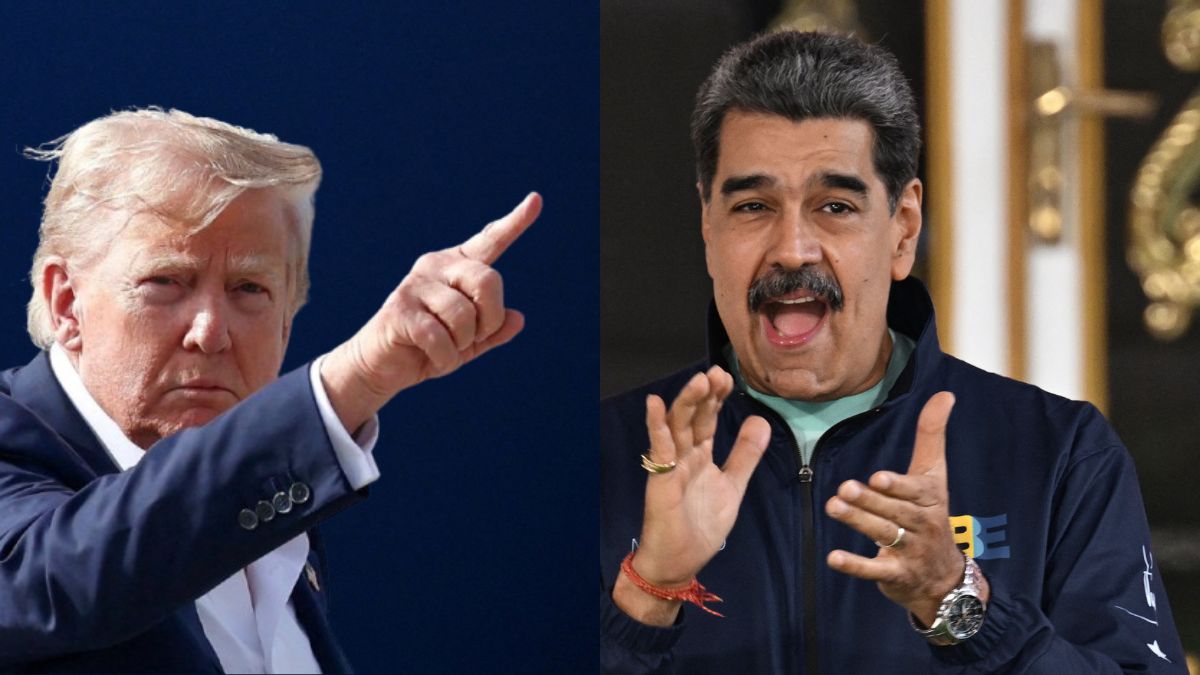)
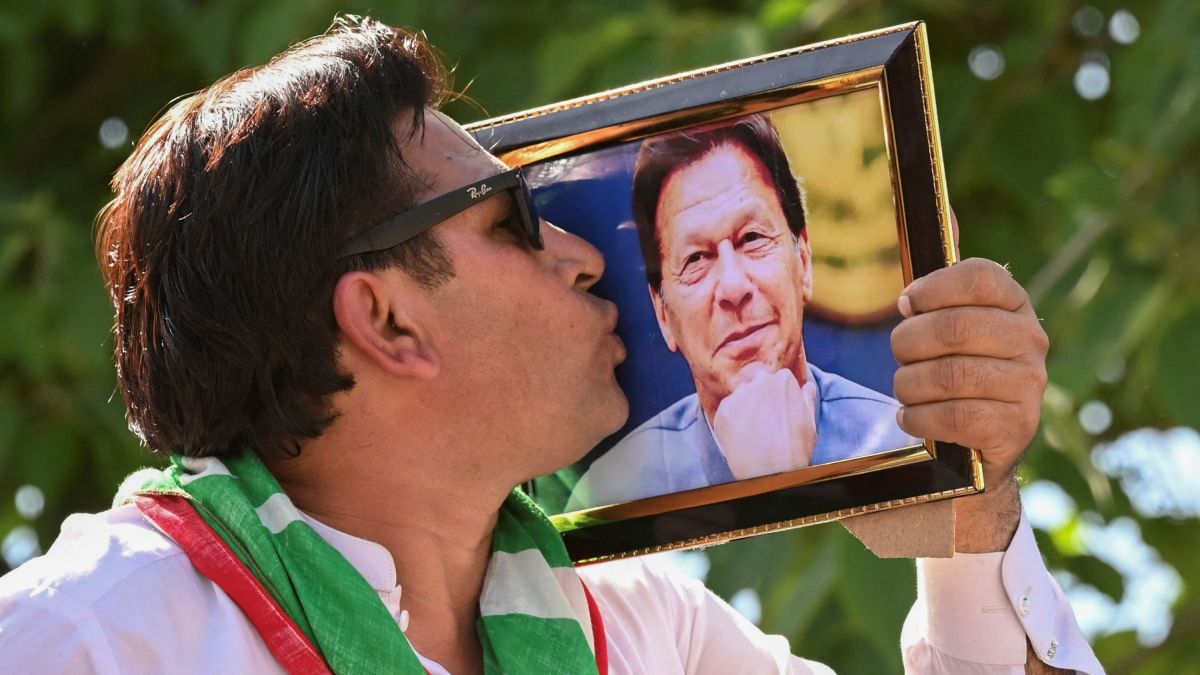)



